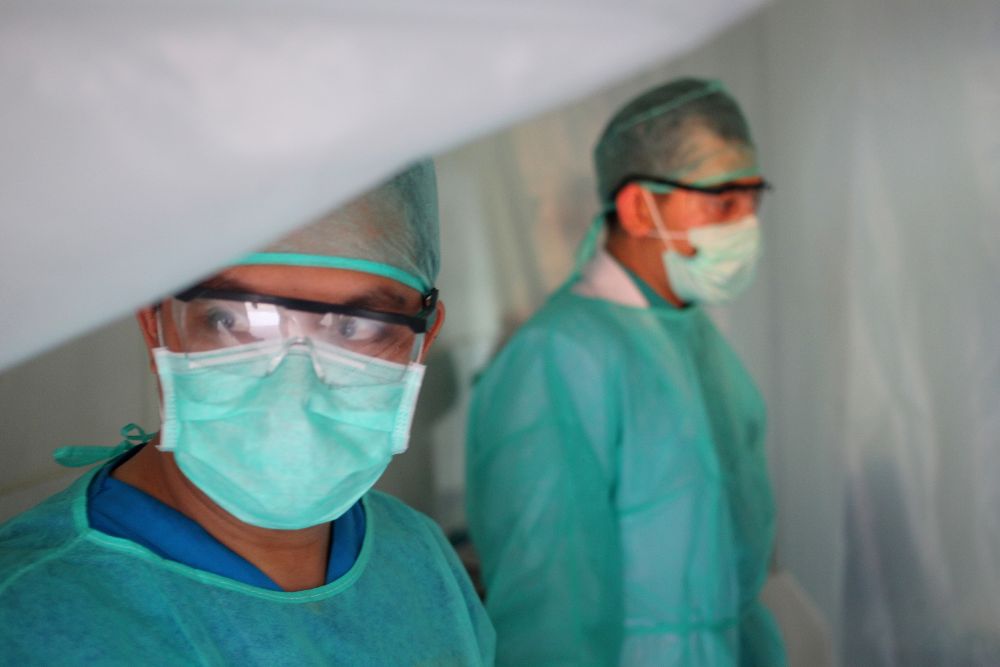
Ministers have been given more powers to protect islanders during the coronavirus pandemic, which includes compelling people to stay at home and be screened to see if they have Covid-19.
The powers will come into effect from Saturday 28th March. They can be enforced by police and health officers.
It will be an offence if people ignore rules to self-isolate unless they have a reasonable excuse, such as not having any food and having no other way of getting food or if an authorised officer has given them written permission.
Anyone who doesn't self-isolate when told to can be fined up to £1,000.
People can be made to go to a place to be screened for coronavirus if an authorised officer has grounds to believe a person may be infectious. It will be against the law if someone doesn't go for a screening or assessment if told to.
If someone is then found to have Covid-19 or if the test was inconclusive, they could be forced to be screened again or be made to self-isolate for no longer than two weeks. That could be extended for another two weeks if it's thought the person is still infected.
Reasonable force can be used to enforce these powers and people who don't comply can be fined up to £10,000. Anyone who obstructs or gives false or misleading information could be jailed for up to six months.
"These are far-reaching powers and I'm sure that only a few weeks ago, none of us would ever have envisaged a need to impose such restrictions on our community, but now these regulations are needed in such unprecedented times." - Deputy Richard Renouf, Health Minister.
These rules only apply to Covid-19 and will be in effect for six months until 30 September. They could be dialled down depending on the situation as it develops.
The regulations also comply to children and vulnerable adults. If a child has to be tested, their parent or the adult responsible for them has to 'take reasonable steps to ensure their child's compliance'. If the parent decides not to do so, they'll be committing an offence.
"No-one is going to force screening and assessment requirements on those who are scared or unable to consent, nor will we seek to criminalise them.
"But if we believe they are ill or may put others at risk, we will take steps to ensure their safety and the safety of others - just as clinicians, police officers and social workers currently do on a day-to-day basis."
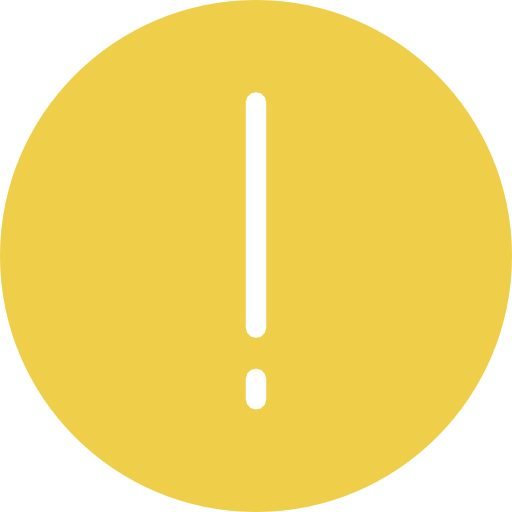 Coronavirus Advice
Coronavirus Advice
If you think you might have the virus, you should self-isolate and call the Health Department's coronavirus helpline:
01534 445566
It's open every day between 8am and 8pm. Calls outside these times, or when the line is engaged, won't be answered straight away - but we're told to leave a message and Health officials will call you back.
Please don't visit your GP or the Emergency Department at the General Hospital if you think you have the virus.
Coronavirus symptoms are similar to that of the flu - a combination of a cough, fever and aching muscles. If you've had any symptoms, even if you haven't travelled abroad, we're being told to self-isolate until they clear up (for a minimum of seven days).
Anyone who has come into contact with a person confirmed to have the coronavirus should stay in self-isolation for at least 14 days.
All the latest information can be found on Gov.je.


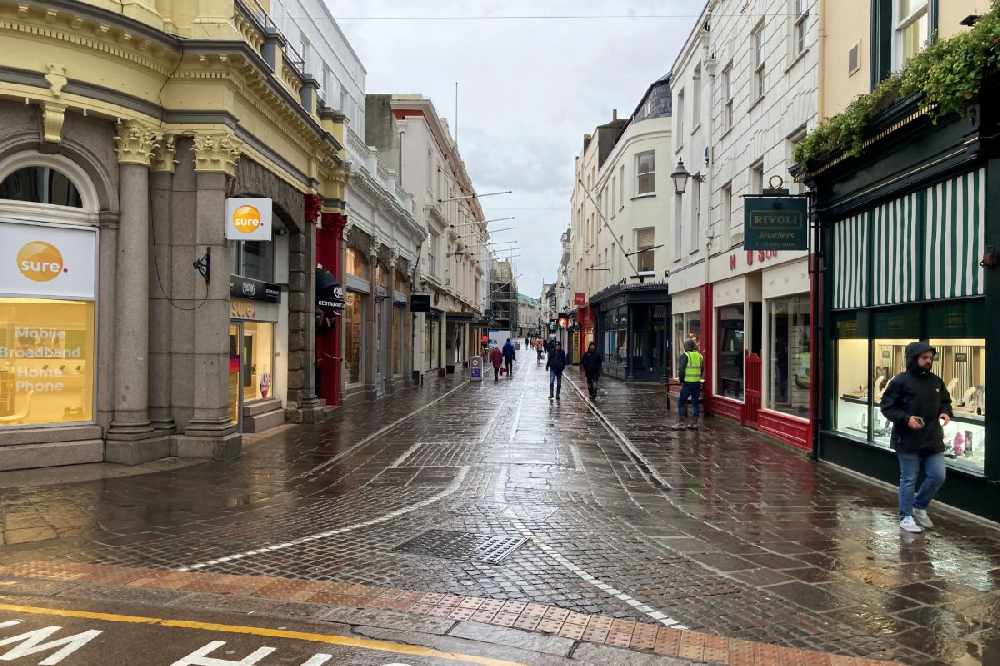 Man accused of assaulting young girl twice on St Helier's high street
Man accused of assaulting young girl twice on St Helier's high street
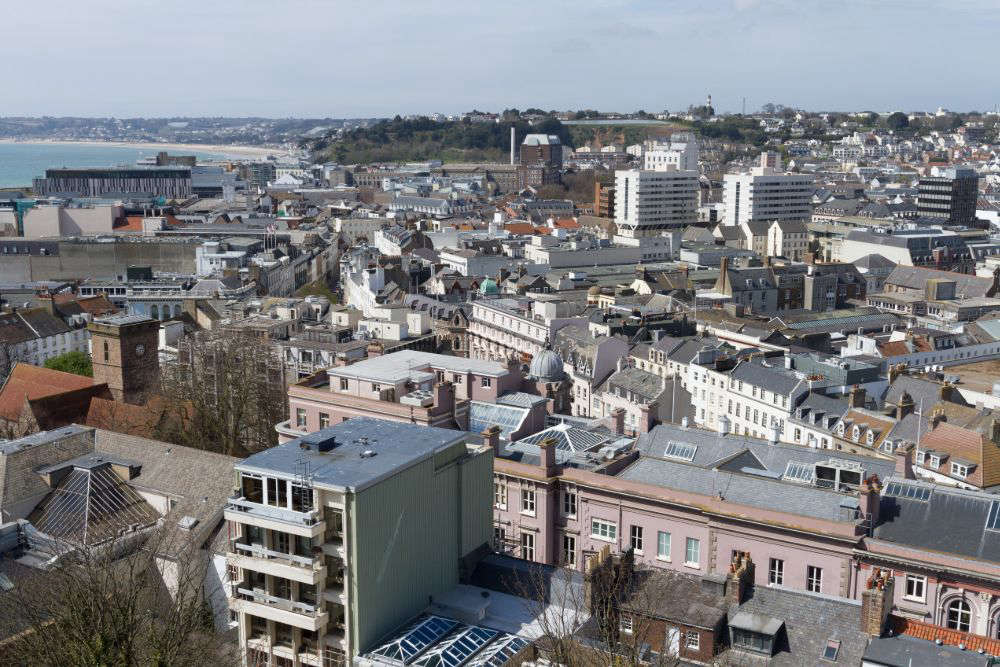 Tenant experiences needed to inform changes to renting laws
Tenant experiences needed to inform changes to renting laws
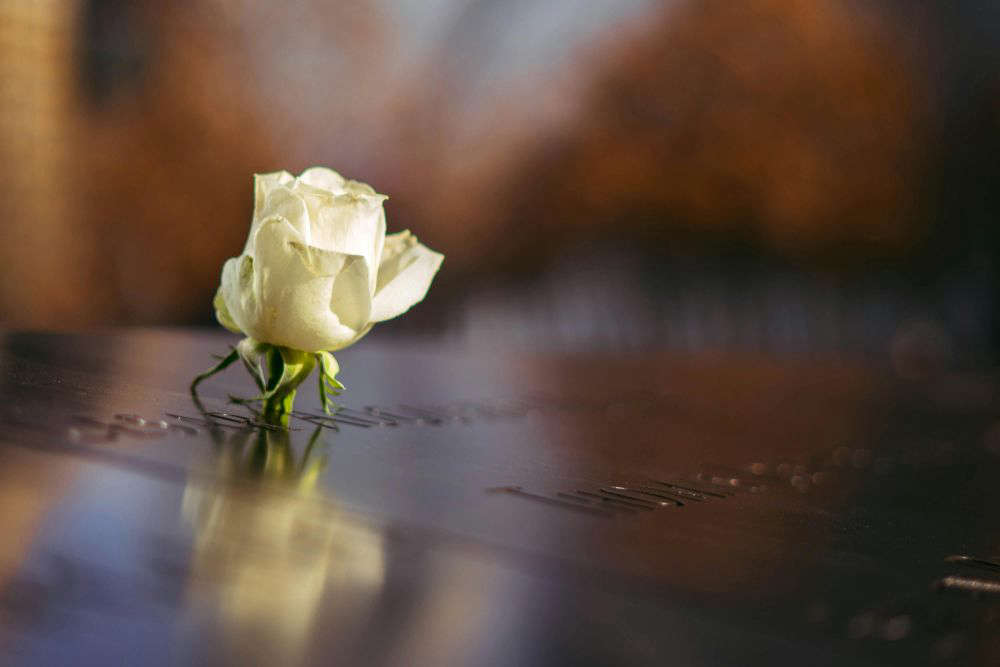 Organ donors to be recognised with public memorial
Organ donors to be recognised with public memorial
 Support for Lily McGarry grows with 'wear orange' gathering in Liberation Square
Support for Lily McGarry grows with 'wear orange' gathering in Liberation Square
 Robert MacRae to be Jersey's next Bailiff
Robert MacRae to be Jersey's next Bailiff
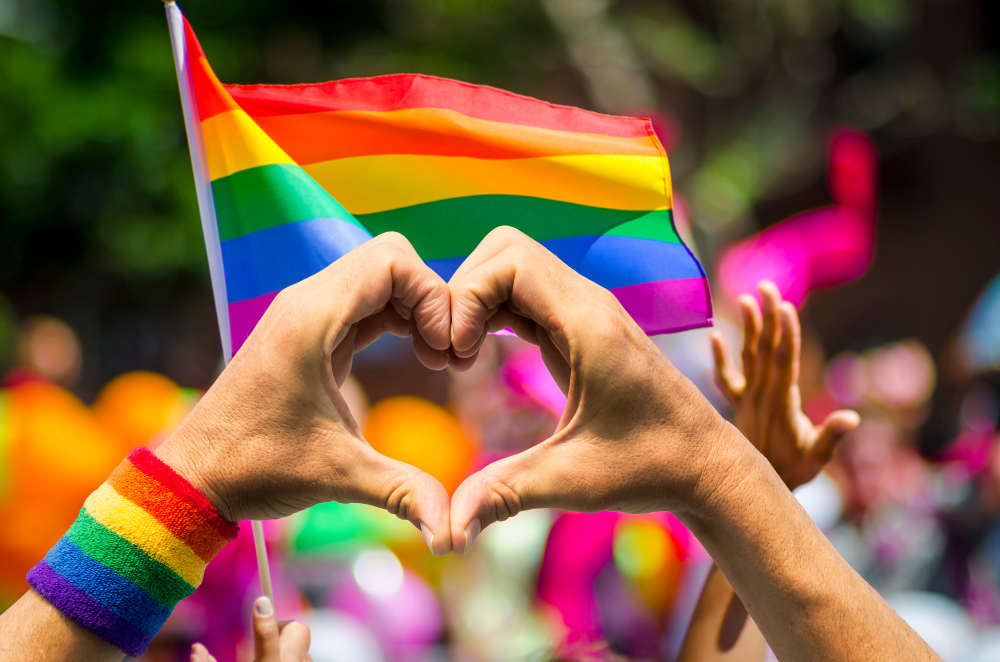 Summer solstice date for this year's CI Pride
Summer solstice date for this year's CI Pride
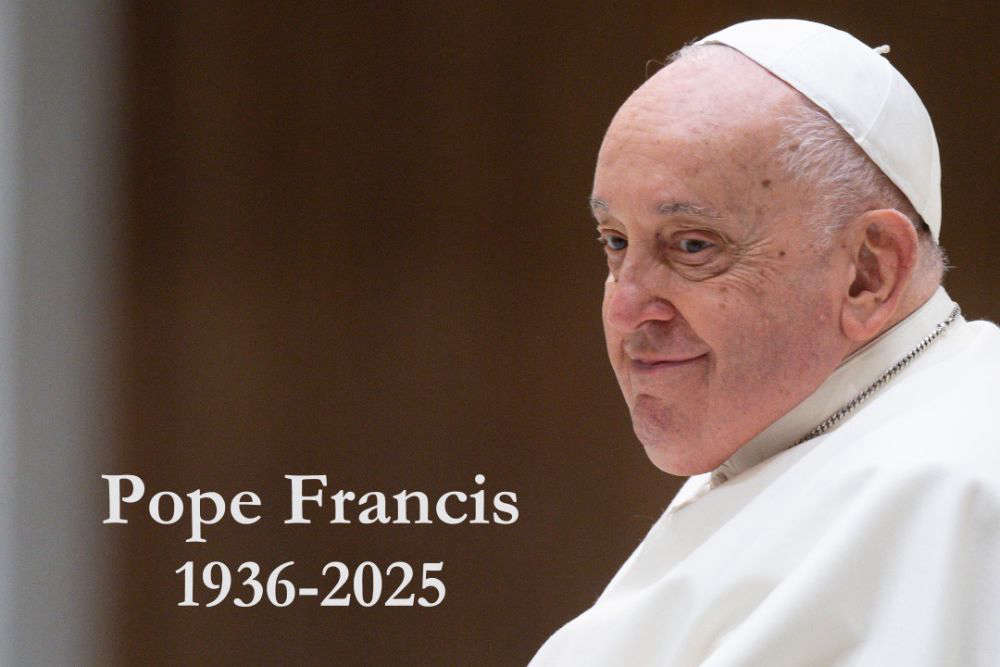 Flags at half-mast following death of Pope Francis
Flags at half-mast following death of Pope Francis
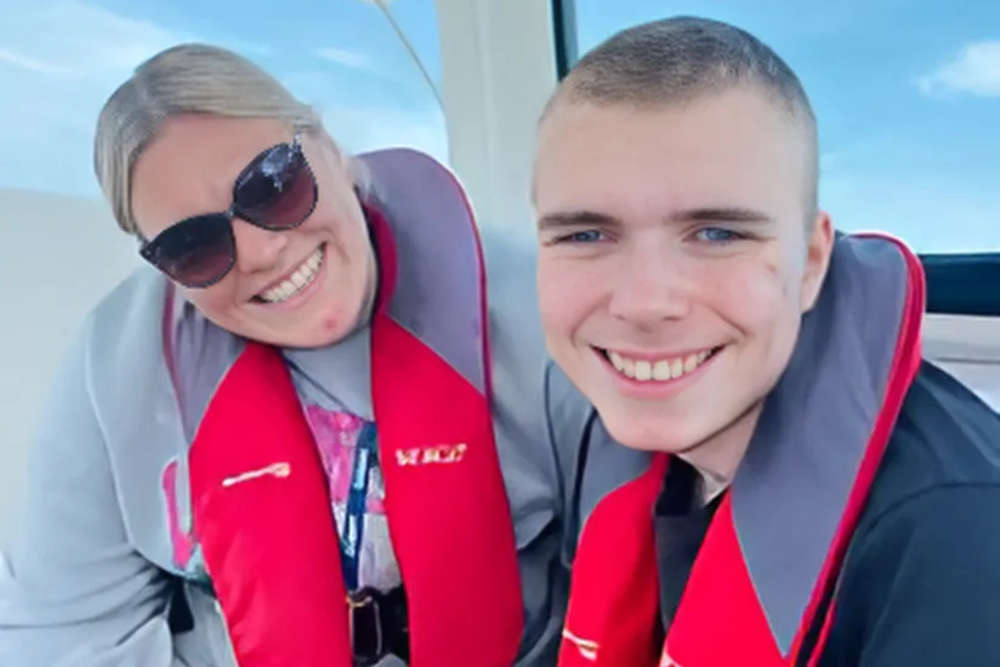 Autism Jersey benefits from JT's Community Giving Scheme
Autism Jersey benefits from JT's Community Giving Scheme





